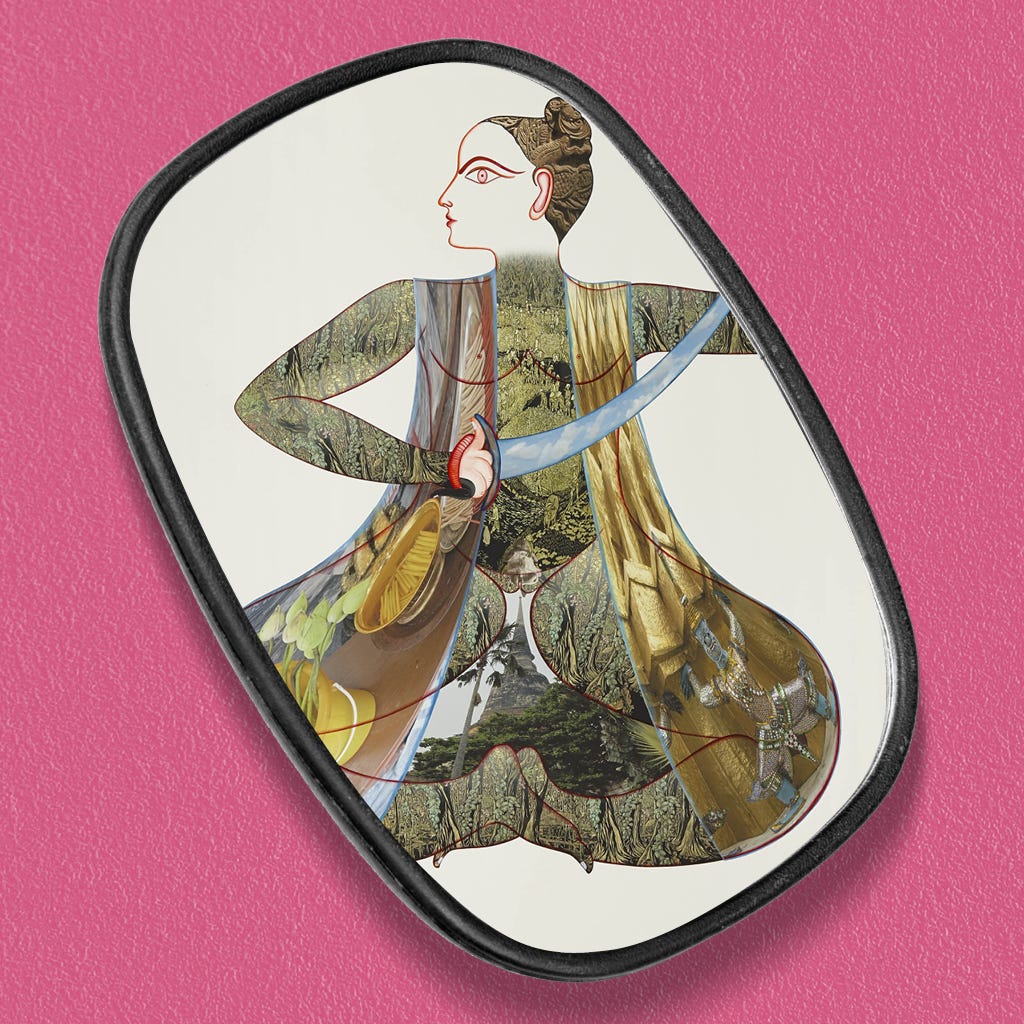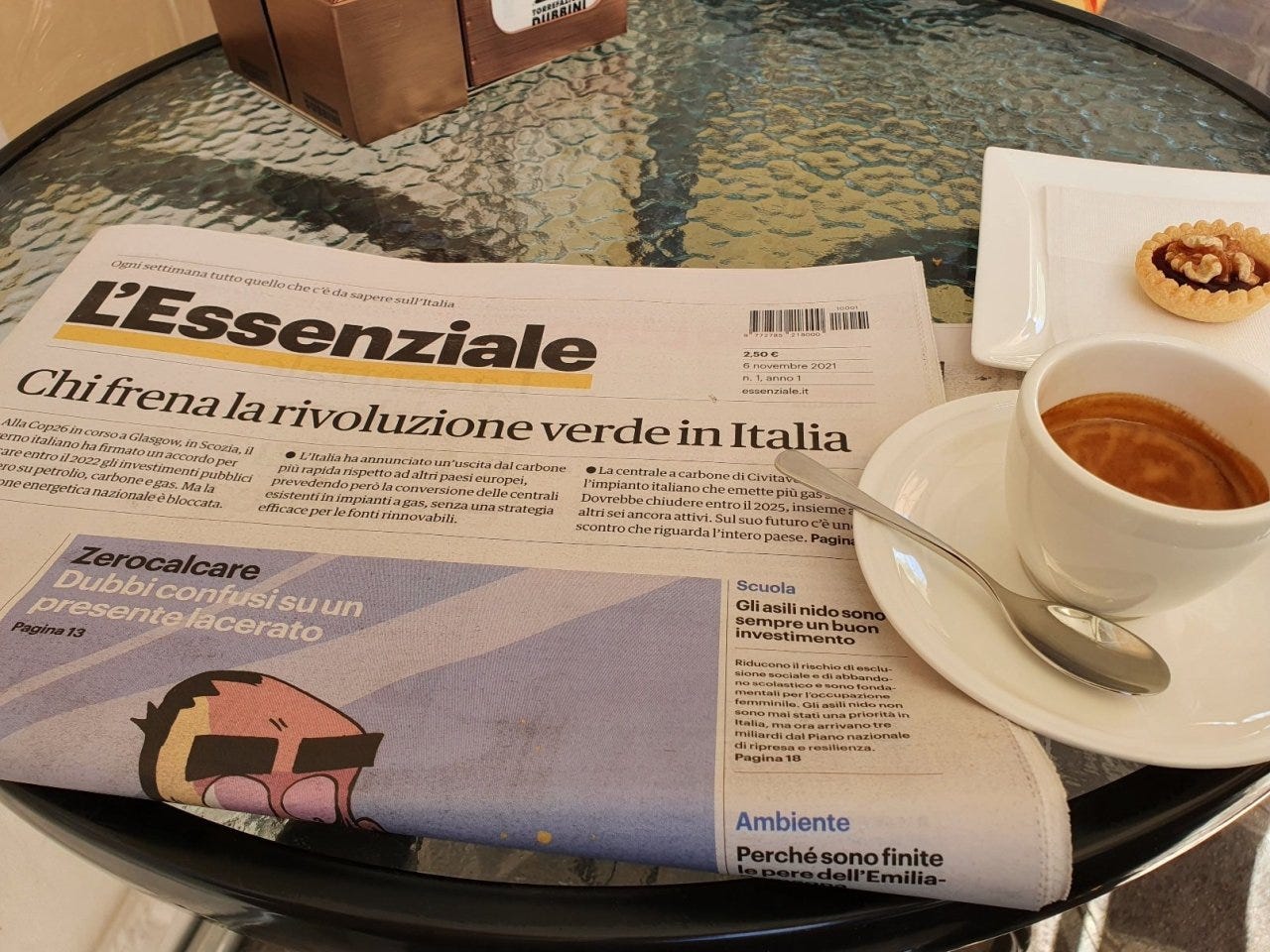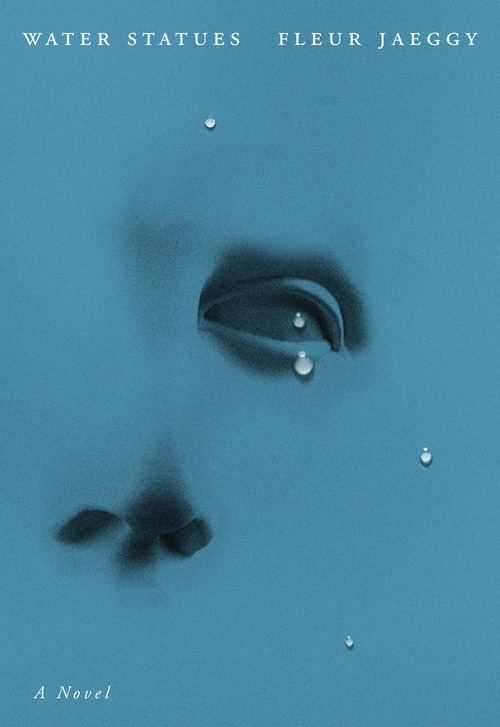Tomorrow evening COP26, the United Nations Climate Change Conference, will come to a close in Glasgow. The results, alas, will seemingly do little to avert possible catastrophic 2+ degree warming rates over the next three decades. The emergency we’re living through is a global, humanitarian, existential threat that goes well beyond national politics. For what it’s worth, though, Italy is preparing to do its part. There are six coal power stations left in the country, and Draghi has pledged to close them all by 2025, so well ahead of other nations (Germany, for example, is aiming for 2038). I say “seems”, because on closer inspection things are less rosey. In order to avoid blackouts while solar and wind infrastructure is developed, for example, the Italian government plans to transform a series of the old plants into gas refineries; which of course are still major polluters. This kind of greenwashing is visible across the board. Draghi’s budget will in theory enable Italy to reduce emissions by 51% by 2030; “impressive” yes, but still actually below the 55% target dictated by EU guidelines. Similarly, while it’s good to see the government providing tax breaks for energy efficient property renovations and cycling bonuses and so on, they are also refusing to put a ban on the sale of new cars with internal combustion engines (which is a linchpin in the plans for a continent-wide green transition). For all the Prime Minister’s talk of “action not words” it’s therefore clear that more is needed for the country to truly live up to its environmental obligations within and beyond COP26.
Last Saturday morning I was one of the first down at my local tabaccheria to pick up my copy of L’Essenziale, the new weekly newspaper produced by the editorial team behind Internazionale. I have to say I was impressed: it’s a sleek product, and, more importantly, it offers that rarest of things: simple, clear factually-accurate information about what’s going on in Italy. A welcome change, certainly, from decoding the La Repubblica website. Highlights for me included the culture section, a long read by Annalisa Camilli on people trafficking between Turkey and Calabria, and the comic by Zero Calcare about precarious work. If you’re based here in Italy, I highly recommend you get a copy. I also learnt a few things from the news section. I hadn’t realised, for example, quite how many referenda are due to take place in 2022. It turns out the spring will in fact see popular votes on potentially four key issues: euthanasia, cannabis legalisation, hunting restrictions, and reforms to legal-certification. I’ll be writing on all of these topics, for sure, in the months ahead. But in the meantime…
Speculation is growing that Italy’s most famous rapper Fedez may be planning to run for a parliamentary position. According to Corriere della Sera, ZDF, one of his companies, has just purchased the domain name https://fedezelezioni2023.it/ [currently inactive] which, presuming it’s not simply a PR stunt ahead of his new album release for Disumano on 23 November, does seem a fairly explicit declaration of intent. It’s easy to poke fun at this kind of gesture. Fedez does often come across pretty air-headed in interviews, and the tradition of celebrities entering politics is hardly an illustrious one. Caveats aside, though, I think the rapper has - morally speaking - been on the right side of the debate on several issues. He has, for example, been a vocal supporter of the Zan law, has spoken up against homophobia and sexism and in support of LBTQI rights and has openly confronted the racism and xenophobia of Salvini and Meloni. No, I don’t think Fedez’s intervention is going to mark a sea change in the struggle to improve Italian democracy. But neither does it seem particularly helpful to smirk at his efforts when the elected ‘expert’ officials have themselves so flagrantly failed to protect millions of citizens from discrimination.
Arts and culture: sweet days of discipline
Last Sunday 7 November Artissima, one of Italy’s biggest and most important contemporary art fairs, closed its 28th edition in the city of Turin. The show is huge, spread out across the city’s impressive and increasingly world famous network of both small and large galleries. This year’s edition utilised lesser known spaces such as the Palazzo Capris di Cigliè, the Palazzo Martini di Cigala and art Nouveau villas like Villa Sanquirico and Villa Chiuminatto. While I couldn’t make it up there due to other commitments I heard good things from friends who did. Word on the street seems to be that it was the smaller exhibits, like that curated by Fondazione Merz, that stole the show. Eugenio Tibaldi’s work also gained many accolades, as did the Hub India Maximum Minimum show, which opened an artistic “portal” to the eponymous nation. It was, by general consensus, a triumphant moment for Turin, and the Art Newspaper even has a surprisingly optimistic evaluation of the economic impact. Welcome news indeed.

The New Yorker has published a long interview with Fleur Jaeggy, the Swiss-Italian novelist and philosopher who, since the late 60s, has been a leading protagonist in experimental and avant-garde fiction. Jaeggy is generally known for her work with her late husband Roberto Calasso at the Adelphi publishing house. Yet her own writing - multi-layered, melancholic, spiritual in tone - is more than deserving of accolades in its own right. This article does a lot to counteract Jaeggy’s unfortunate ‘fame by association’ and offers her a direct voice to articulate her thoughts on beauty, the arts, and the canon of high European literature which has so framed her rather esoteric life. Read the piece here and - why not? - check out the New Directions translation of her 1980 novel Water Statues if you’re interested.
Recipe of the week: Ris e Erburin
One of the things I enjoy most about traditional Italian autumn cooking is the abundance of rustic, meat-free dishes which make incredible use of beans, vegetable stocks, grains, leftover bread and so on. This week’s recipe, from the countryside around Milan, is about as simple, cheap and cleansing as it gets. Ris e Erburin. Rice and parsley soup. We’re talking about four, maximum five ingredients here, so obviously quality is key. Supermarket stock just won’t cut it. You 100% need to make your own for this dish, using leek, carrot, onion, herbs, bay leaf, sage and any other spices you feel like adding. Make sure you’ve got some decent carnaroli rice, try and get a whack of really fresh parsley and that’s basically it. I like to finish the dish with some grated raw garlic and a bit of grana padano (which is a little sweeter than parmesan) but feel free to experiment. This recipe seems to be almost entirely unknown to the English language internet, but I’ve managed to track down a decent enough looking version in case this is up your street.
That’s it for this week - as ever I do hope you enjoyed this instalment. If you haven’t already, please do follow the ‘Week in Italy’ Facebook page, or my twitter, for a few extra links and easy-access to the substack archive. If this email was forwarded to you, or you’re accessing on the web and would like to receive further updates, you can subscribe using this link below. Thanks!
About Me
My name is Jamie Mackay (@JacMackay) and I’m an author, editor and translator based in Florence. I’ve been writing about Italy for a decade for international media including The Guardian, The Economist, Frieze, and Art Review. I launched ‘The Week in Italy’ to share a more direct and regular overview of the debates and dilemmas, innovations and crises that sometimes pass under the radar of our overcrowded news feeds.
If you enjoyed this newsletter I hope down the line you’ll consider becoming a supporter for EUR 5.00 per month (the price of a weekly catch-up over an espresso). I’ll be launching a paid subscription option later this year, to help fund some more in-depth writing and some original graphics too. More on that, though, once the pandemic subsides. In the meantime, please do consider forwarding this to a friend or two. It’s a big help.




